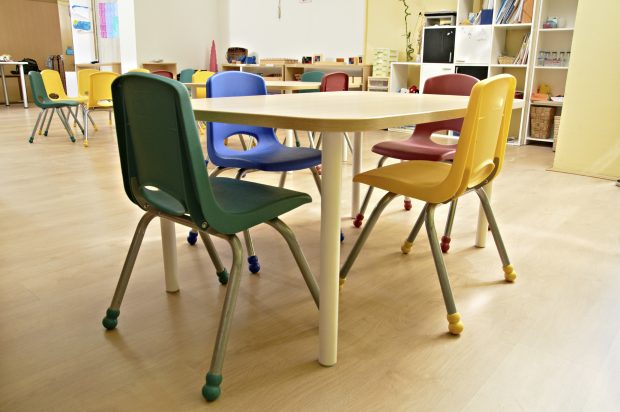
Today’s Education in the media blog looks at a report from the Children’s Commissioner about vulnerable children, funding for schools and an Independent School roundtable at Number 10.
Children’s Commissioner report
Today, Wednesday 4 July, Children’s Commissioner for England, Anne Longfield, has released a report on ‘childhood vulnerability’ in this country. The accompanying press release focuses on the finding that 2.1 million children are considered ‘vulnerable’ as a result of family circumstances including mental health, domestic violence or alcoholism. This announcement was covered by the Guardian, Mirror, Independent and BBC.
Several government departments have been working together to protect and support vulnerable children who might be affected by this range of issues. The statutory safeguarding guidance Keeping Children Safe in Education includes information on domestic abuse, so called ‘honour based’ violence, sexual harassment and violence, so teachers are better able to identify forms of abuse and ensure that children at risk of harm are referred to other agencies for support and protection. The Department for Education has launched a review of Children in Need to identify what works to improve educational outcomes for vulnerable children.
A Government spokesperson said:
Every child deserves the best start in life, so it is vital vulnerable children who face barriers to success, such as those affected by mental health, alcoholism and domestic abuse receive the care and support they need, when they need it.
We are working to tackle these issues through our landmark Domestic Abuse Bill to better protect and support victims, new measures to help children with alcoholic parents and reviewing the outcomes for children in need.
We are also investing up to £270 million in children’s social care programmes to improve the lives of vulnerable children, pledged £8 million for projects to support children who are exposed to domestic abuse and £500,000 to expand helplines for children of alcoholics.
School Funding
Today, Wednesday 4 July, Geoff Barton from the Association of School and College Leaders (ASCL), has written a letter to the Education Secretary reiterating concerns over school funding. The BBC has covered particular concerns over funding for school to make repairs to buildings.
We have committed to investing over £23 billion in the school estate between 2016-17 and 2020-21. In addition, we have allocated £5.6 billion since 2015 to maintain and improve school buildings and – on top of that – the £4.4 billion Priority School Building Programme is rebuilding or refurbishing those school buildings in the very worst condition across the country, covering 537 schools. This funding supports our priority of ensuring the school estate is safe and supports a high-quality education. We have begun a new school Condition Data Collection, due to complete in autumn 2019. This will provide updated data on the school estate and enable us to better understand how it is changing over time.
A Department for Education spokesperson said:
We are investing an additional £1.3bn in schools across 2018-19 and 2019-20, over and above previous plans. This means we are protecting funding in real terms, per pupil, with independent analysis from the Institute of Fiscal Studies showing that real terms per pupil funding in 2020 will be more than 50% higher than it was in 2000.
We recognise that schools have faced additional costs in the past, which is why we are supporting schools to get the most out of every pound they spend. We also plan to invest around £7 billion - in education for 16 to 19 year olds, including funding for quality apprenticeships, during 2017/18 alone. On top of this, we are transforming technical education post 16, and will invest an extra half a billion pounds a year in the new T levels once they are up and running.
Independent School roundtable
Today, Wednesday 4 July, a number of the country’s top independent schools, including Harrow School and Dulwich College, will join the Secretary of State and School System Minister Lord Agnew at Number 10, to discuss how partnership work between the two sectors can support disadvantaged children. The roundtable follows the recent publication of a report by the Boarding Schools Partnership and Norfolk County Council, which shows the benefits of offering boarding school placements to children in or on the edge of care.
Education Secretary Damian Hinds said:
I am very proud of our diverse education system, and the way in which schools of different shapes and sizes collaborate to raise standards for all pupils. Many of our independent schools are already playing an important role in this, partnering up with schools in their community to share their facilities and staff and helping to improve education for every child. Today’s meeting is about building on great work like this, helping these partnerships to grow so their impact is felt by as many of our young people as possible.
Follow us on Twitter and don't forget to sign up for email alerts.